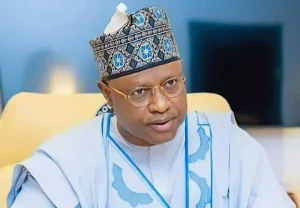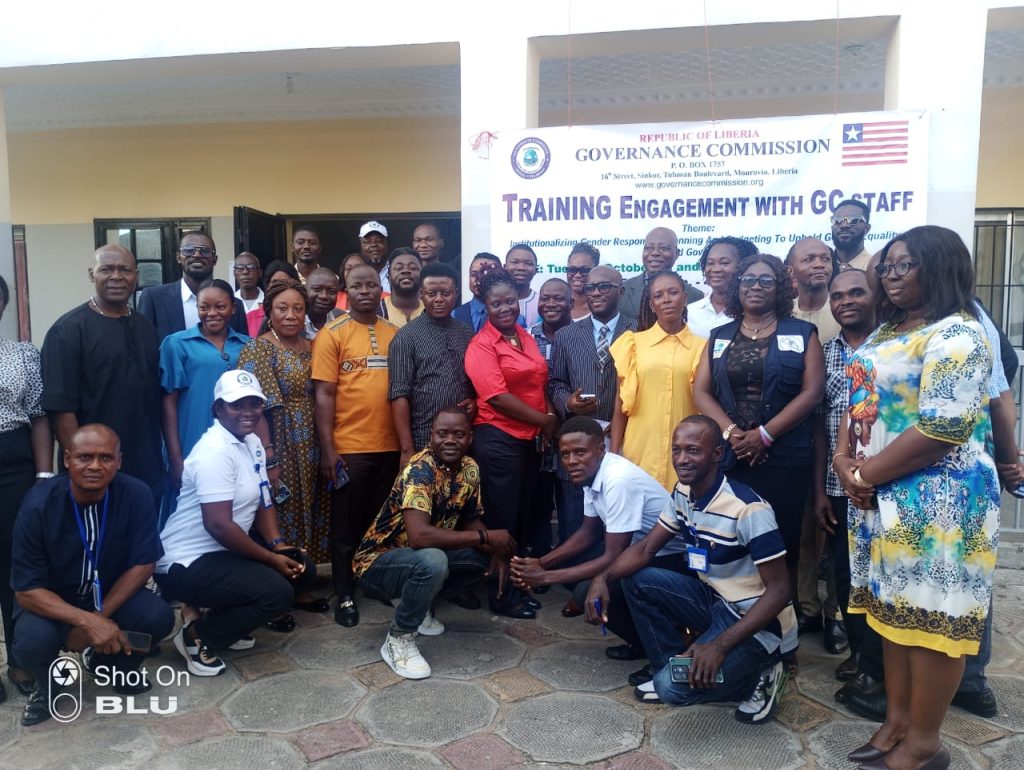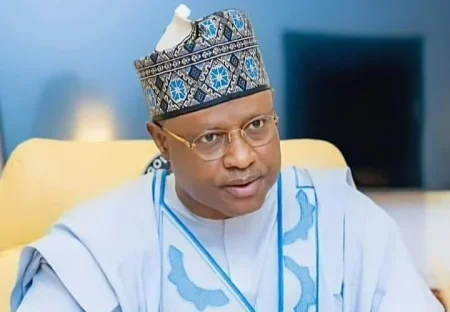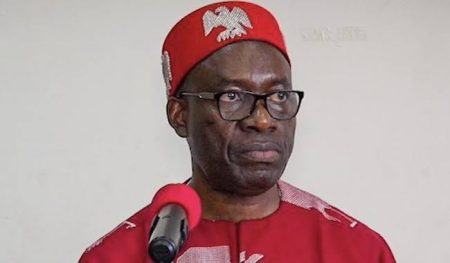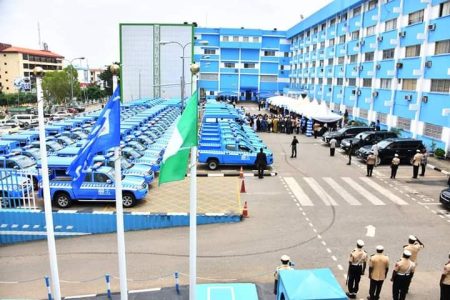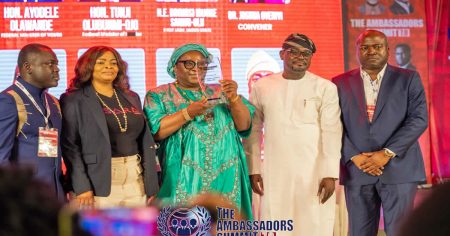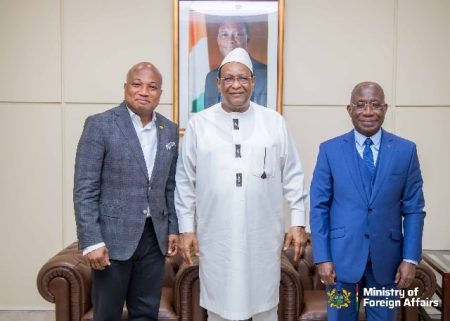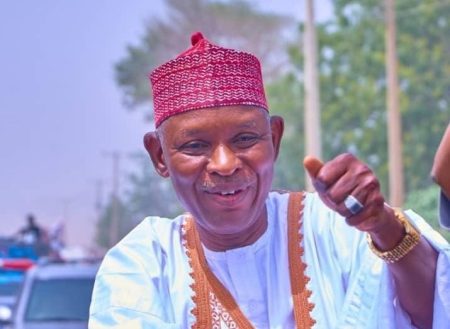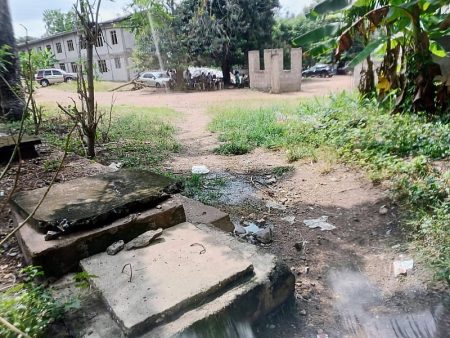The Governance Commission (GC) of Liberia has launched a two-day intensive in-house training focused on promoting gender equity, as part of its commitment to fostering gender equality across government institutions. This initiative, spearheaded by the Gender and Social Inclusion unit, is seen as a crucial step toward addressing the disparities faced by women in the workforce. During the opening ceremony held on October 22, 2024, Acting Chairperson Professor Alaric Tokpah emphasized the importance of gender equity in nation-building, stating that creating a vibrant working environment for women is pivotal. He underscored that gender equality concerns everyone, not just women, which highlights the need for collective efforts to address existing imbalances.
Professor Tokpah brought attention to the significant underrepresentation of women in leadership roles globally, citing a lack of evidence that women can excel in such positions due to systemic disadvantages. He raised important questions about the political landscape, pondering when women might hold the highest offices in powerful nations such as China, the United States, or Russia. He pointed out that while Liberia has made strides in electing female leadership, the broader challenge remains in addressing the marginalization of women in various sectors. This training, according to him, serves to reinforce the message that equitable leadership is essential for development and is a shared responsibility.
In her remarks, Ms. Patience Coker, a research assistant, outlined the objectives of the GC’s gender unit, expressing confidence in the past successes and ongoing efforts towards systemic gender reforms. She highlighted the significance of mainstreaming gender-responsive planning and budgeting, mentioning previous financial support that has facilitated various initiatives aimed at fortifying gender equity. Coker also announced an additional allocation of $20,000 for the current training, which will be utilized for equipment purchases and further gender-related initiatives. This funding showcases ongoing support from institutions such as the Ministry of Finance and Development Planning (MFDP) and the Gender Ministry, reinforcing a collaborative approach to promoting gender initiatives.
George Garteh, a Policy Analyst at the Governance Commission, echoed the sentiments of the importance of the training, calling it a transformative experience that can propel institutional growth towards inclusivity. He emphasized that the training provides a platform to embrace diversity and the potential for progress when individuals commit to mutual understanding and support one another. Garteh encouraged participants to engage actively and remain open-minded throughout the process, as active involvement is crucial for meaningful outcomes in the quest for gender equality and social inclusion.
The in-house training event saw participation from staff within the Governance Commission, as well as government officials from various ministries and agencies. Such a diverse representation signifies a commitment from multiple sectors to address gender-related issues and foster a culture of inclusivity within the workplace. By engaging different stakeholders, the Governance Commission aims to create a ripple effect throughout government institutions that can lead to sustainable changes in policies and practices regarding gender equity. The GC’s initiative is a positive step towards building an environment where all individuals can thrive, regardless of gender.
Overall, the Governance Commission’s in-house training on gender equality exemplifies a proactive approach to addressing gender disparities in Liberia. The collective efforts of various stakeholders, alongside the recognition of the vital role that gender equity plays in development, set the groundwork for a more inclusive society. As Liberia progresses in its journey toward gender equality, programs like this training are essential in creating awareness, facilitating discussions, and implementing strategies that promote equitable representation and participation of all genders in public decision-making processes.



